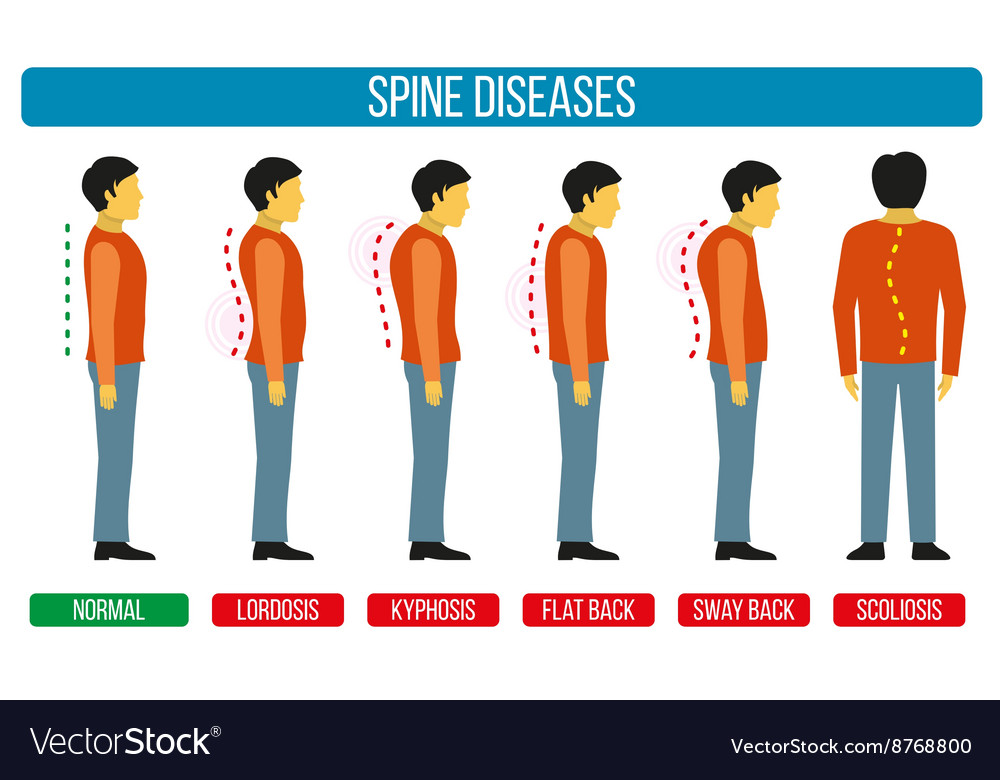When it comes to managing your pain in the back, the food choices you make can dramatically influence just how you feel each day. Imagine having the ability to reduce your discomfort simply by changing what you eat. By understanding the role of nutrition in pain in the back management and recognizing which foods to integrate or avoid, you can take proactive actions towards a much healthier and extra comfy way of living. The connection between nourishment and back wellness is more profound than you might realize-- let's explore how particular foods can either calm or intensify your pain in the back.
Significance of Nutrition in Neck And Back Pain
Nutrition plays a vital function in managing back pain. Your diet plan can substantially affect inflammation degrees and general pain levels in your back. Consuming best nyc acupuncturists balanced diet abundant in nutrients like vitamins D and K, calcium, magnesium, and omega-3 fatty acids can help reduce swelling and strengthen bones, which are important for back health.
Furthermore, keeping a healthy and balanced weight through proper nourishment can alleviate stress on your back, lowering the danger of pain in the back.
In addition, particular nutrients like antioxidants located in vegetables and fruits can help deal with oxidative tension and promote recovery in the body, consisting of the back muscles and back.
On the other hand, consuming excessive amounts of processed foods, sweet beverages, and unhealthy fats can contribute to swelling and weight gain, exacerbating neck and back pain.
Foods to Eat for Back Health And Wellness
To sustain a healthy back, integrating nutrient-rich foods into your daily dishes is essential. Consisting of foods high in antioxidants like berries, spinach, and kale can help in reducing swelling in your back, easing discomfort and pain. Omega-3 fatty acids located in fatty fish such as salmon and mackerel have anti-inflammatory properties that can profit your back health and wellness.
In addition, consuming nuts and seeds like almonds, walnuts, and chia seeds provides crucial nutrients like magnesium and vitamin E, which sustain muscle function and reduce oxidative stress and anxiety. Integrating lean proteins such as hen, turkey, and tofu can assist in muscular tissue repair work and maintenance, promoting a strong back.
Do not neglect to consist of milk or fortified plant-based choices for calcium to sustain bone health and wellness. Lastly, hydrate with a lot of water to maintain your back discs moisturized and working efficiently. By consisting of these nutrient-dense foods in your diet plan, you can nourish your back and support overall back health.
Foods to Stay Clear Of for Pain In The Back
Go with preventing refined foods high in sugarcoated and trans fats when looking for relief from pain in the back. These types of foods can contribute to inflammation in the body, which may aggravate pain in the back. Say no to sugary treats sweet, pastries, and sugary beverages, along with fast food products like burgers, fries, and fried hen that are typically packed with trans fats.
Additionally, avoid foods containing high levels of refined carbs, such as white bread, pasta, and breads, as they can spike blood sugar degrees and possibly aggravate swelling in the body.
https://www.aecc.ac.uk/news/archive/alister-durose-research-profile/ 's likewise wise to restrict your consumption of foods high in hydrogenated fats, like red meat and full-fat milk items, as they can contribute to inflammation. Refined foods like deli meats, chips, and packaged snacks are typically high in hydrogenated fats and ought to be consumed in moderation.
Conclusion
Finally, paying attention to your diet and making wise food options can have a substantial influence on handling pain in the back. By including nutrient-rich foods like berries, fatty fish, nuts, and lean proteins, and preventing processed and sugary things, you can help reduce swelling and support on the whole back health and wellness. Bear in mind, what you eat plays a vital duty in just how you really feel, so see to it to prioritize your nutrition for a much healthier back.
